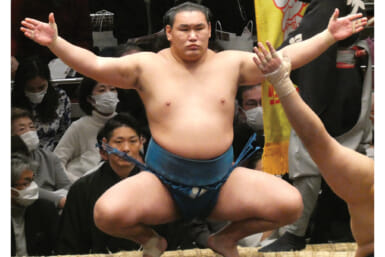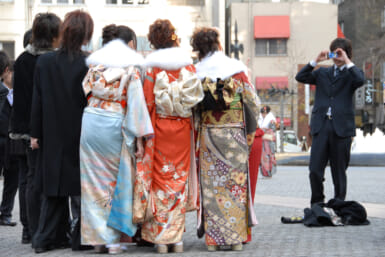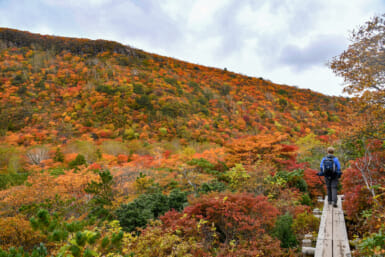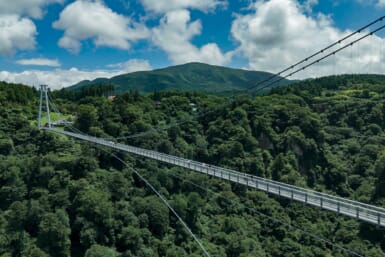Fukushima’s fishing industry is trying to recover from setbacks caused by the nuclear crisis after contamination fears prevented seafood from markets, Asahi Shimbun reports. Fish from the area is back on sale.
Octopus and whelk were among the first seafood sold in the market after being tested for radioactive cesium, while others, such as flounder and sea bass are not yet approved for sale, after the Fukushima No. 1 nuclear plant leaked radioactive chemicals when the earthquake and tsunami tore through northeastern Japan. Despite persisting fears, about 30 kg (65 pounds) of whelk and 40 kg (90 pounds) of octopus were sold out by 3 p.m. on the day of the sale, according to an official in charge of Fukushima’s fishing cooperative.
The government is presently testing for cesium and radioactive iodine in crabs and other kinds of fish. However, concerns whether consumers from other prefectures will purchase Fukushima seafood remains. University of Tokyo professor Nobuyuki Yagi is concerned for Fukushima’s fishing industry. “Fishing cannot survive unless people buy the fish,” he said in a statement.
According to Asahi Shimbun, grains of rice from contaminated farmlands will also be tested for radiation before they can be sold.









